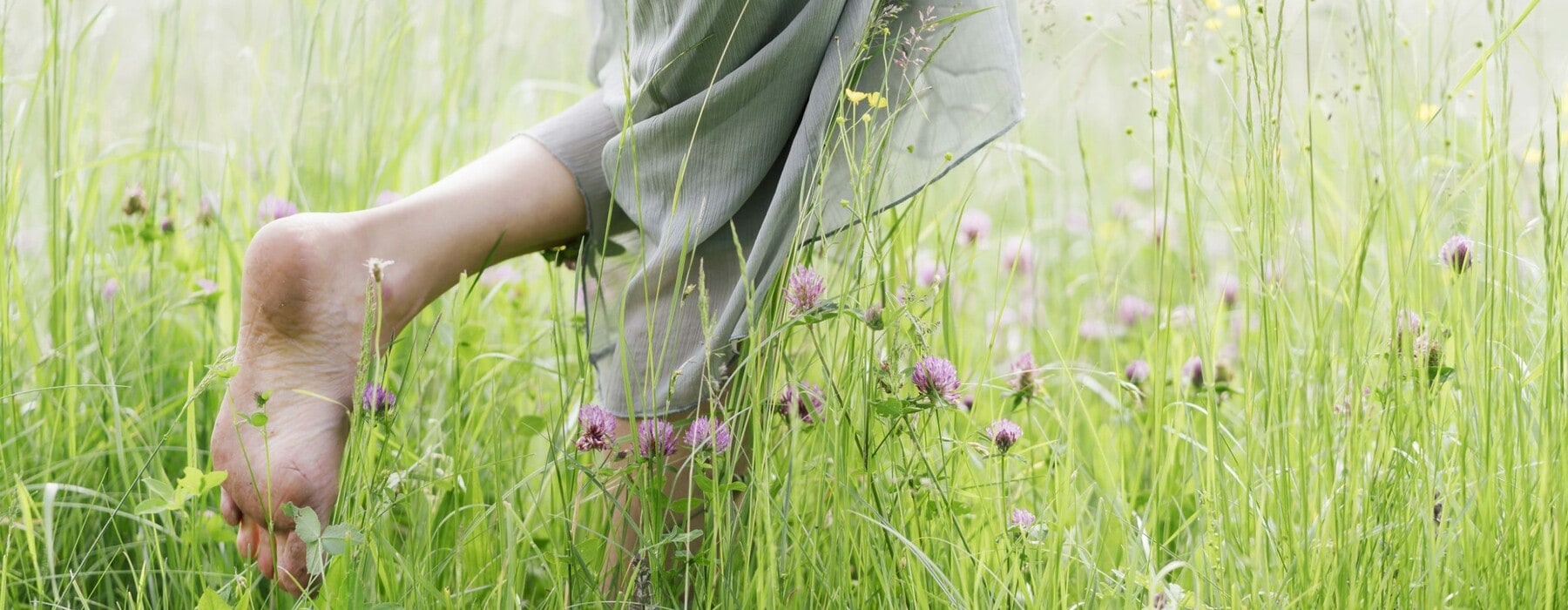It’s long been known that time outdoors makes you happier, but psychologist Jacqui Maguire says it’s really immersing yourself in nature that does the trick.
“It seems to me that the natural world is the greatest source of excitement; the greatest source of visual beauty; the greatest source of intellectual interest. It is the greatest source of so much in life that makes life worth living.” – David Attenborough
When a figure as respected as David Attenborough says that nature makes life worth living, you sit up and take notice. However, as many Kiwis live surrounded by water, bush and ample green space, this statement won’t seem revolutionary. And research showing the important role nature plays in maintaining and enhancing our mental health and wellbeing will come as no surprise.
What’s been long-established scientifically is how much benefit you get from exposure to the outdoors depends on factors that include:
- The length of time spent in nature.
- How regularly you engage in simple outdoor activities, such as sitting by the sea or gardening.
- Your level of “nature connectedness”, which is a term used to describe how psychologically and emotionally connected you feel with nature.
People who have increased levels of nature connectedness experience more frequent positive mood, happiness, life satisfaction, meaningful relationships, purpose in life and an increased sense of competence.
Two hours a week in nature has been shown to lower blood pressure and the stress hormone cortisol, enhance immune system function, increase self-esteem, reduce anxiety and improve mood.
Attention difficulties and aggression are also known to reduce in natural environments. Even indirect contact that’s technology-generated (for example, watching nature documentaries) has been show to be good for our mental health.
However, what has not been crystallised previously is whether any of these factors are more influential than others. The answer to this very question can be found in new research published in the International Journal of Wellbeing.
Researchers from the University of Derby, in the UK, say that nature connectedness and engaging with nature through simple activities have the most significant influence on our mental health (and are linked with lower rates of anxiety and depression). This is a surprising finding given that the length of time we spend in the outdoors has received the most attention to date.
Getting the most out of nature is therefore not about time, nor can we rest on our laurels and assume that New Zealand’s astonishing beauty will benefit us passively. It is about mindful moments in nature, where we are actively present and engaged.
What does this new knowledge mean for us? Researchers from the University of Melbourne suggest:
Look Closely
Walk out your front door and really engage with the variety of natural surroundings Aotearoa provides. Literally smell the roses, pick up shells on the beach, watch the clouds blow in the breeze or study the tūī sitting in your tree.
Notice Your Reactions
Take note of the emotions you experience when being actively present with nature. Happiness, awe, amazement… when you savour those emotions the benefit to your wellbeing will increase.
Soak Up The Beauty
Pause and take a moment to appreciate nature’s beauty. I live by the coast, and do this regularly. It is amazing how calm I can feel when looking at the sun setting over Wellington’s harbour.








